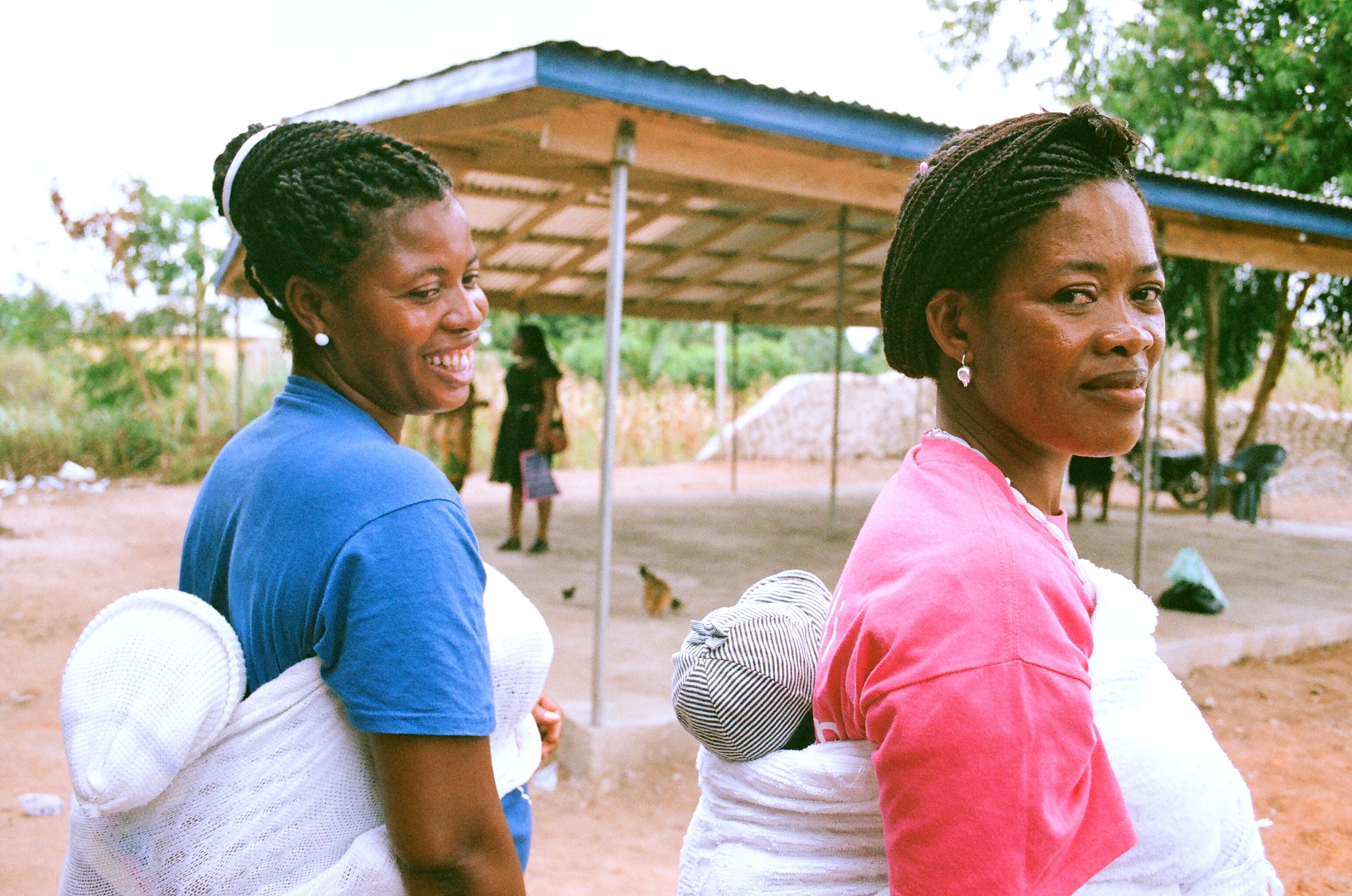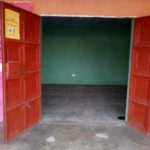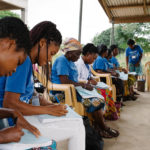In August of 2017, the RHC embarked on a new endeavor – to establish a formalized monitoring program to ensure that pregnant women have the support they need to have a healthy baby.
The Kekeli women already have many prenatal responsibilities, including educating pregnant women and responding to emergencies, but we also believe in supporting the existing prenatal system in Ghana. While clinics and nurses are available to care for pregnant women, the clinics are often far away and women and their families may not see the need to go to the clinics. Therefore, pregnant women often go without recommended and necessary care. In addition, 63.6% of men and women surveyed in the Akatsi region expressed Little to No Confidence that pregnant women can get the support they need to have a healthy baby (according to 2016 RHC community survey).
With Kekeli women in nearly 50 communities, we believe we can change this. This new formalized prenatal monitoring program is a partnership with Medic Mobile where we will track pregnancies, outcomes and newborn care via smart phones to provide real-time results and important automated reminders for the Kekeli women. This will all occur by specifically timed home visits, both before and after delivery, from the Kekeli women in accordance to the guidelines outlined by the Ghanaian Health District. During these home visits Kekeli women will check in with the pregnant women to see if they have any questions or concerns, educate about various prenatal topics, and encourage the women to visit local clinics for routine access to care.
We hope this program will both increase the confidence of men and women to have the support they need to have a healthy baby, as well as the build relationships with local clinics and begin to turn the tide toward all women delivering their babies safely in the Akatsi District.
For this pilot program, we gave 14 Kekeli women smart phones and trained them on how to use the Medic Mobile app. In the last 3 months since the program began, the Kekeli women have registered 26 pregnant women into the program and recorded 24 clinic visits by 15 pregnant women. In addition, one pregnant woman went to a clinic after describing pains to the Kekeli woman and received proper treatment. Finally, there has been one healthy baby born on November 14, 2017 with a few more due very soon!
This is a very exciting program that we hope to learn from, adjust accordingly, and expand to all 47 of our Kekeli women. Eventually, we want to make sure that every pregnant woman and her family are confident that they have the support they need to have a healthy baby!




